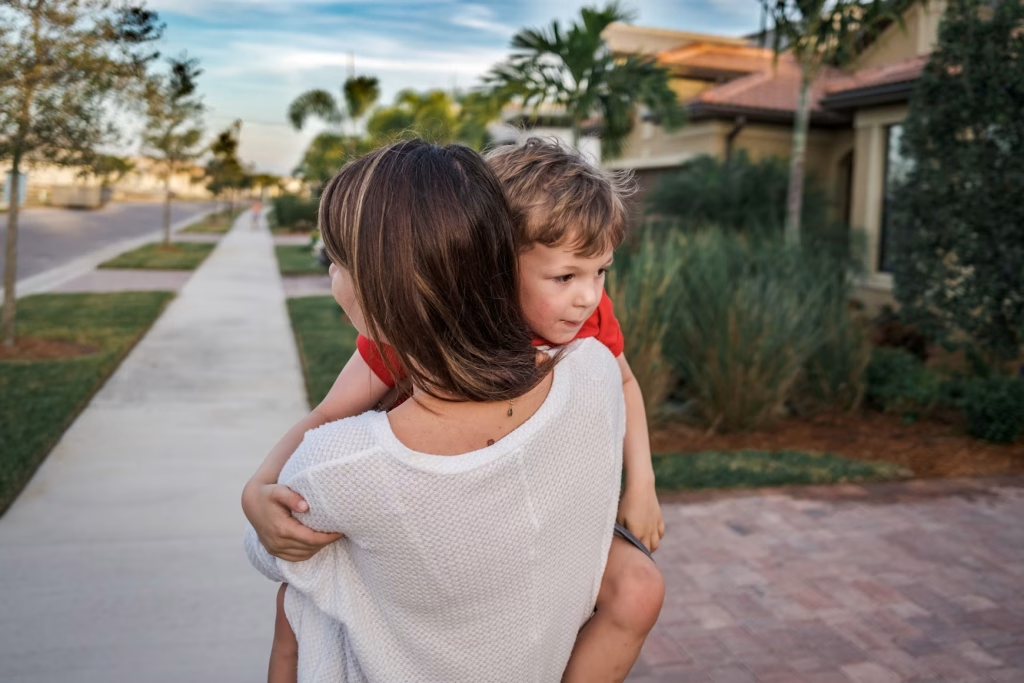
The idea of gentle parenting has surged in popularity across social media, parenting blogs, and everyday conversation. For many caregivers, it feels like a vital shift toward compassion and connection. But there’s also a wave of skepticism—some wonder if kindness and empathy in discipline are breeding kids who think the world revolves around them.
Let’s get real: parenting is tough. Balancing warmth and firmness can be like navigating a tightrope while juggling homework, sibling spats, and your own tired nerves. If you’ve questioned whether gentle parenting fosters respectful adults or just overly coddled ones, you’re not alone. Below, we’ll dive into what the research actually says, the pitfalls to avoid, and how you can raise confident kids without fueling entitlement.
What Gentle Parenting Really Means
First off, gentle parenting isn’t just saying yes to everything or letting kids run wild. At its heart, it stresses empathy, emotional awareness, and steady boundaries, all done without harsh punishments. Instead of imposing time-outs for every infraction, gentle parents acknowledge emotions, guide choices, and build understanding.
According to Psychology Today’s overview of the pros and cons of gentle parenting, the approach isn’t about letting kids “get away” with things—it’s about teaching them to self-regulate rather than behave out of fear. Still, it’s a philosophy, not a rigid set of rules. When misunderstood or inconsistently applied, it risks sliding into permissiveness, where real boundaries might go missing.
Where the Entitlement Fear Comes From
Critics argue that a kid who’s rarely reprimanded might develop unrealistic expectations, like believing the world should adapt to them. But as the Bay Area CBT Center explains, the real difference lies in how parents handle boundaries.
If “gentle” starts to mean “anything goes,” children may not learn that actions have consequences. Yet this drift isn’t inherent to gentle parenting—rather, it’s a result of inconsistent or incomplete follow-through. Effective gentle parenting couples empathy with consistent rules, so kids still grasp limits.
A Foundation in Emotional Intelligence, Not Entitlement
One core belief of gentle parenting is equipping children to name and handle their emotions. That might involve calmly stating, “You’re upset because you wanted another cookie,” while still holding firm to “No more cookies tonight.” Rather than encouraging entitlement, it teaches kids to process frustration or disappointment constructively.
Research published in peer-reviewed journals shows that kids who can recognize and talk about feelings tend to be better at managing stress and forming positive relationships. Far from creating narcissism, this heightened emotional literacy often fosters empathy. If anything, they’re learning that other people’s feelings matter, too.
Where Burnout Can Undermine Success
Being warm and empathetic requires patience and self-control—two things that can run thin in the chaos of daily life. Parents practicing gentle methods frequently cite stress and guilt about “not doing enough,” which can lead to burnout. In that exhaustion, some might let boundaries slip, inadvertently reinforcing the very permissiveness they aimed to avoid.
Staying balanced may mean you need outside help—like a supportive partner, friend, or community who can step in when you’re drained. Gentle parenting doesn’t mean bearing every challenge alone. Asking for help is a testament to self-care, not a failure.

Over the Long Haul, Does Gentle Parenting Work?
Studies consistently tie nurturing, compassionate discipline with better parent-child relationships, improved self-esteem, and fewer behavioral issues down the road. When children trust caregivers to be caring but consistent, they’re more likely to explore the world with confidence, not entitlement. Teens raised this way often turn out to be better communicators and more emotionally secure adults.
Ultimately, gentle parenting isn’t about coddling—it’s about helping kids develop internal motivation and respect. A home built on dialogue and understanding doesn’t typically breed entitlement—it cultivates emotional resilience and empathy.
Bringing Empathy and Boundaries Together
So if you’re on the fence—hoping to cultivate kind, confident children without raising entitled adults—remember it’s all in the blend:
- Set Clear Limits: Gentle doesn’t mean weak. State rules calmly, but firmly. Consistency is key.
- Validate Feelings: Let kids know it’s okay to feel upset or disappointed, even if the answer is “no.”
- Use Real Consequences: If they break a rule, calmly follow through with logical outcomes. Consequences, not punishments, guide kids toward better choices.
- Stay Open: Talk about emotions—yours and theirs. This fosters emotional intelligence, so kids learn from mistakes, not just fear them.
When you pair warmth with unwavering limits, you sidestep the extremes—either harsh discipline or over-permissiveness.
Where to Go from Here
If you worry your household is drifting toward entitlement, look at how consistently you’re maintaining boundaries.
Is everyone on the same page (including grandparents and babysitters)?
Are kids facing predictable, meaningful consequences for poor choices?
Ensuring structure keeps empathy from turning into permissiveness. If you’re already doing this, you’re likely on track to raise compassionate, self-aware children, without the fear that you’re inflating their egos.
Have you tried gentle parenting? Share your thoughts, successes, or challenges in the comments. You might help another parent realize gentleness can be effective, not enabling.
Read More:

Samantha Warren is a holistic marketing strategist with 8+ years of experience partnering with startups, Fortune 500 companies, and everything in between. With an entrepreneurial mindset, she excels at shaping brand narratives through data-driven, creative content. When she’s not working, Samantha loves to travel and draws inspiration from her trips to Thailand, Spain, Costa Rica, and beyond.